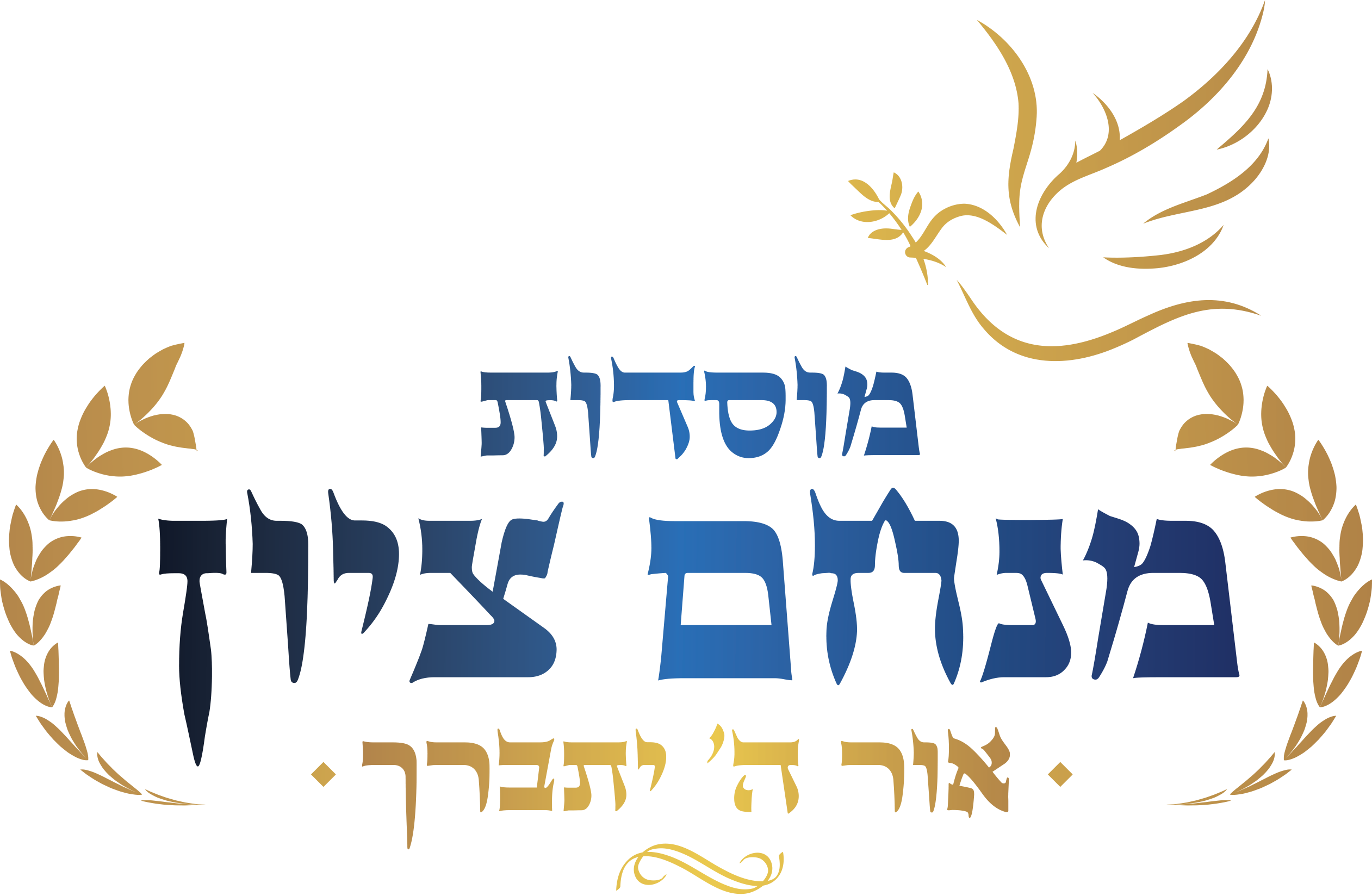ons, such as homosexual intercourse. Would we humiliate them and then throw stones on them?
The errant ones generally do wish to rectify, but are immersed in their lust. At Menahem Tziyon we assist such Jews as much as possible when it comes to helping them repent and return to G-d’s ways, because G-d is always ready to receive the repentant.
Where is this transgression mentioned in Torah?
The transgression of homosexual intercourse appears in the book of Vayikra (Leviticus) 18:
“And you shall not lie with the man as you would with the woman: it is an abomination.”
In Vayikra 20 we find: “And a man who lies with a man as one would with a woman, the two have enacted an abomination.”
Bar Kapra explains the term “An abomination” in Tractate Nedavot 51a:
“What is an abomination? One has gotten lost in it.” Rabbenu Nissim interpreted as follows: “What is an abomination – as far as homosexual intercourse: one who puts aside relations with a woman and goes to a man.”
The punishment for both men involved in homosexual intercourse is detailed in Vayikra 20:
The two shall surely be put to death; their blood is upon them.”
The punishment for one intentionally enacting this prohibition and seen by two witnesses is death by stoning by court order, but one who enacts this inadvertently is obliged to bring a sin offering.
How can the transgression of homosexual intercourse be rectified?
Let us explain the Tikkun according to the Holy Zohar and the words of Rabbi Shimon bar Yohai:
No transgression in the entire Torah destroys and annihilates upper worlds as homosexual intercourse does.
This transgression may close a person’s fortune and damage that person’s health, ability to find a marriage partner, joyfulness, and livelihood, G-d forbid. The transgression of sexual relations between two men can “pursue” the individual even if years have passed since the actual transgression, and even into the World to Come, and the soul can become increasingly oppressed, including harsh torments in the grave.
And this is what the Zohar notes about the Tikkun:
Fasting. A night and a day, much like Yom Kippur, because fasting a night and day helps save the soul from the outcome of Karet (untimely death).
Vocalizing. The order of prayers and study. On the day of fasting one should wear sackcloth directly on the body as a mark of regret, and say “L’shem Yikhood Kudsha Brikh Hu”
and take ice and run it across his hands, and at the end of the Tikkun, we direct the person to saying specific verses around the Ark in the Beit Knesset (synagogue).
One must also slaughter a rooster as atonement, and as the rooster ends with slaughter, so the individual starts a life of good and peace.
The Menahem Tziyon married Yeshiva attendees are also emissaries of the commandment of “covering the blood” and the blessing “Baruch Atta Ad-o-nai, al kisui dam d’afar,” which is part of the Tikkun.
Additionally, in order to complete the acts of atonement, the individual should read 233 Tehillim (Psalms), say the Vidui (Confession), and the order of prayers relevant to the matter of homosexual intercourse.
Charitable funding. A person involved in this transgression should fast for 233 successive days.
Since no one can do such a thing, the person can redeem that time through money in the form of charity.
233 days is multiplied by 18, considered the amount sufficient for a meal for an impoverished person.
18 x 233 = NIS. 4194. This is the sum that should be donated to charity to complete the Tikkun, together with NIS. 728, which is the redemption’s continuation.
“Just as a person measures, that person is measured in return.” A person taking on the order of this Tikkun in full together with complete repentance will cause Heaven to have mercy on him and will be saved from the outcomes of this sin.


